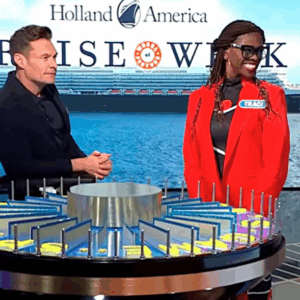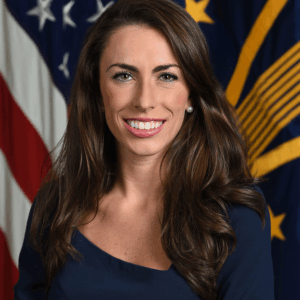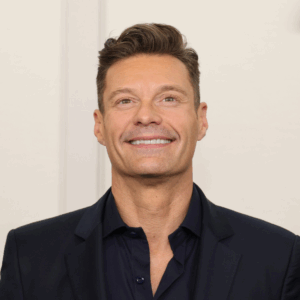Shock: Sunny Hostin unexpectedly exposed Elon Musk’s “true status” in the White House and declared that JD Vance is nothing more than a puppet. What gave her the confidence to make such a bold claim?
In a recent heated discussion on “The View,” host Sunny Hostin dropped a bombshell about Elon Musk’s surprising influence within the realm of U.S. politics. During a segment with cohosts Whoopi Goldberg and Joy Behar, Hostin suggested that Musk has positioned himself as a “shadow president” within Donald Trump’s administration. This assertion was met with intrigue, as Hostin explained her rationale in dissecting the dynamics of power within the current political landscape.

Image: Getty Images
During the episode, Hostin referenced a recent cabinet meeting, indicating that the traditional power structures were seemingly upended. She noted that during the meeting, it became clear that the power did not lie with the conventional cabinet members. Instead, Musk’s prominence became evident when he was granted the opportunity to speak first, a gesture she deemed atypical for someone not holding a formal government position.
Musk’s Rising Influence and Its Implications
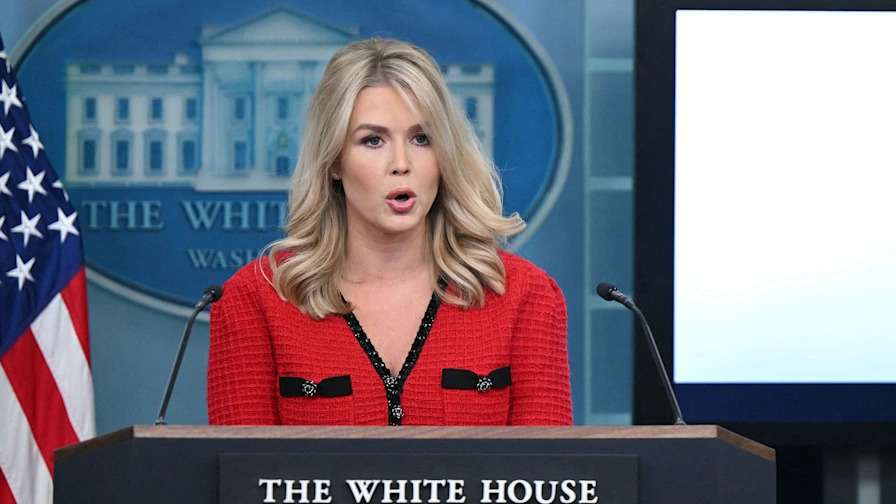
Image: Getty Images
Hostin’s remarks hinted at a broader implication regarding the way Musk has intertwined himself with political leaders. By identifying Musk as a pervasive influence, she raised questions about the legitimacy of decision-making in the government and what it means for democratic processes. As one of the wealthiest individuals in the world and a titan in the tech industry, Musk’s influence raises eyebrows, especially among those who believe that the power of the presidency should not be overshadowed by business moguls.
Goldberg expressed her astonishment at Hostin’s agreement with her long-held view that Musk operates behind the scenes, impacting the administration without taking on formal responsibilities. This view suggests that power has shifted from elected officials to private figures who may not have public accountability, leading both women to speculate on the ethical implications of such dynamics.
The Role of JD Vance in This Political Narrative
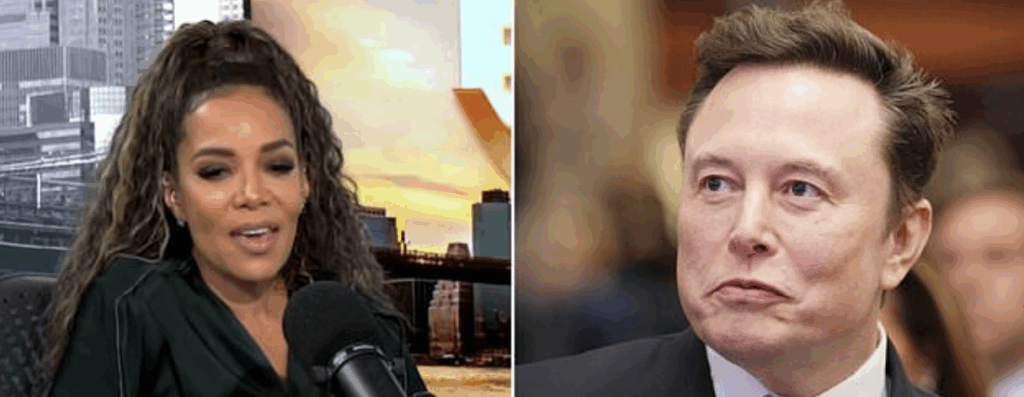
Image: Getty Images
Adding to the conversation, Joy Behar directed her criticism towards JD Vance, suggesting that he acts merely as a puppet under Musk’s influence. Vance, a Republican Senate candidate from Ohio, has been known to align himself with controversial figures, making him a target of scrutiny and criticism among the hosts. Behar’s assertion inferred that Vance lacks the independence necessary for meaningful political action, casting doubt on his ability to represent his constituents authentically in Congress.
Behar further explored the idea that Musk’s growing role in political machinations could detract from the importance of elected officials striving to effectuate change from within the system. She contested that the reliance on Musk for guidance signifies a troubling trend where powerful, unelected individuals may dictate the course of policies and governmental actions without facing voter scrutiny.
Public Reaction and Broader Implications
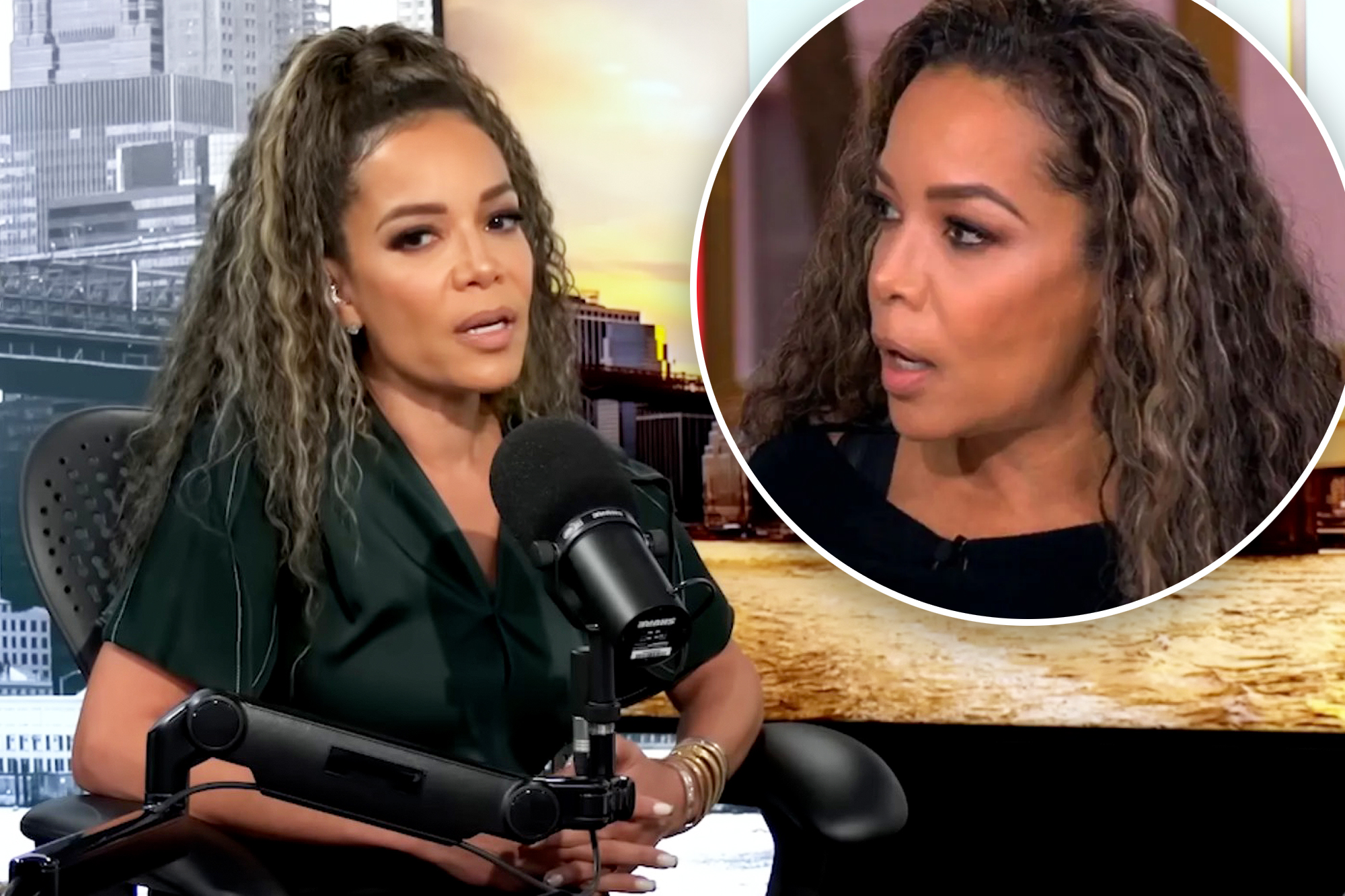
Image: Getty Images
The discussion ignited a flurry of reactions from viewers and political commentators alike, with many expressing concern over the implications of Musk’s involvement in politics. Critics argue that allowing such influential figures to wield power behind the scenes undermines the democratic process, a sentiment echoed by viewers who fear the impact of corporate interests on public policy.
As the dialogue continues, questions arise about the future of American leadership and the extent to which private industries will intertwine with government operations. Will figures like Musk become the standard in political leadership, or will they remain actors in a more traditional political theater?
Beyond the merits of Hostin’s assertions, the episode has encouraged a larger conversation about accountability within the political system, the nuances of power dynamics, and the role that wealthy individuals play in shaping policies that affect ordinary citizens. As this dialogue unfolds, viewers are left questioning the integrity of their elected officials and the voices that truly influence laws and governance.
The Complex Web of Influence
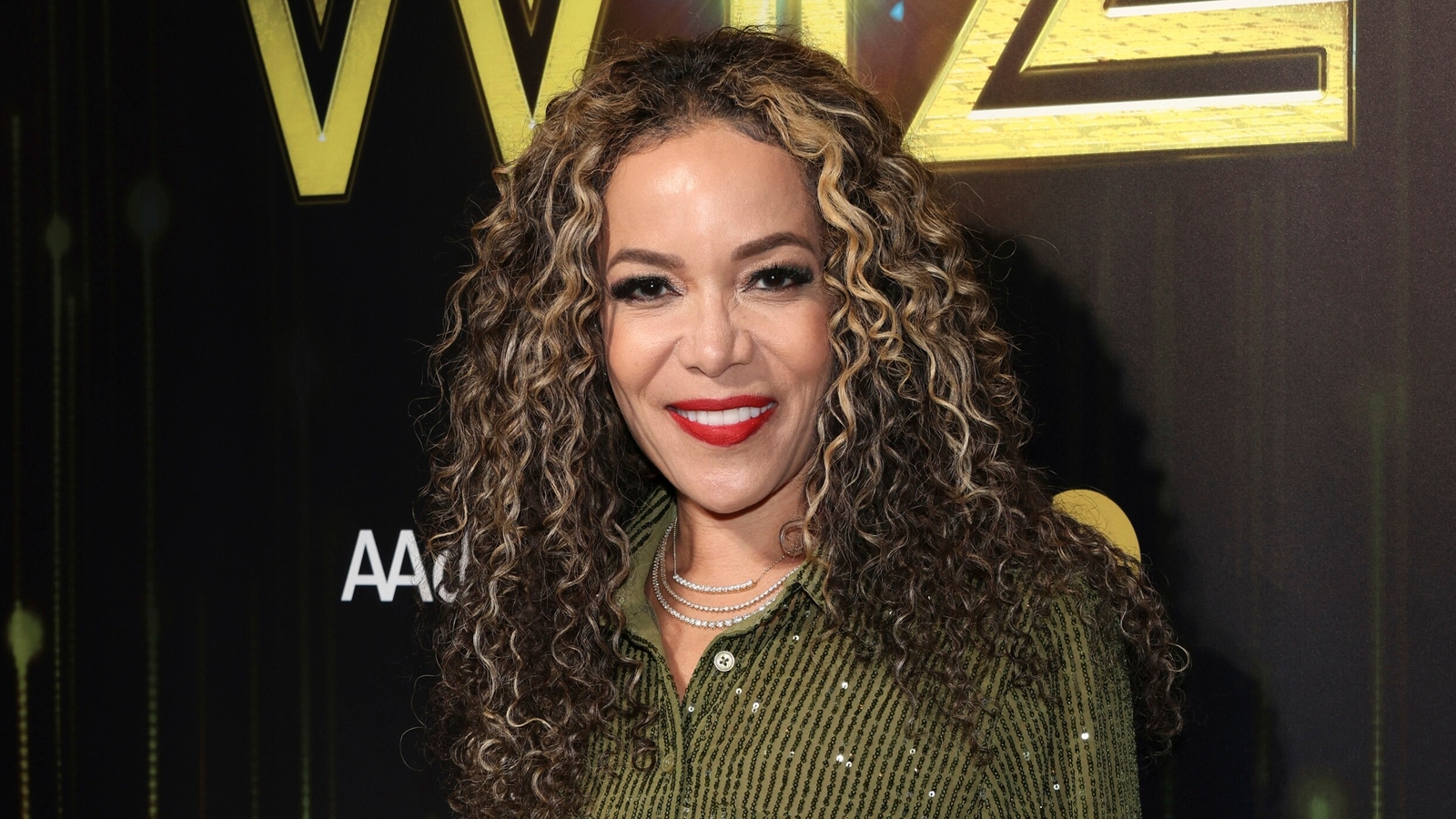
Image: Getty Images
Ultimately, discussions like the one featured on “The View” highlight the complex web of influence that characterizes modern politics. The notion that Musk could be considered a shadow president raises critical questions about who should rightfully wield power in a democratic society. Would voters become more aware of the potential threats posed by such influences?
As this narrative continues to evolve, many will be watching closely to see if the concerns raised in these discussions resonate within the broader public sphere. The intersection of technology, wealth, and governance unveils intricate challenges that threaten to reshape the way we understand leadership and power in the contemporary political arena.
The conversation initiated by Hostin, Goldberg, and Behar opens the door for essential discussions about transparency, ethics, and the role of various actors in the political scaffold. As every revelation emerges, stakeholders from all walks of life must engage critically and seek solutions that reaffirm the integrity of their governance systems.
For those interested in shaping a future where leadership is genuinely reflective of the people’s voice, now is the time to engage with these discussions actively. The political landscape is changing, and staying informed is crucial for influencing the direction it takes.
Join the conversation, educate yourself on these issues, and make your voice heard in the democratic process.

